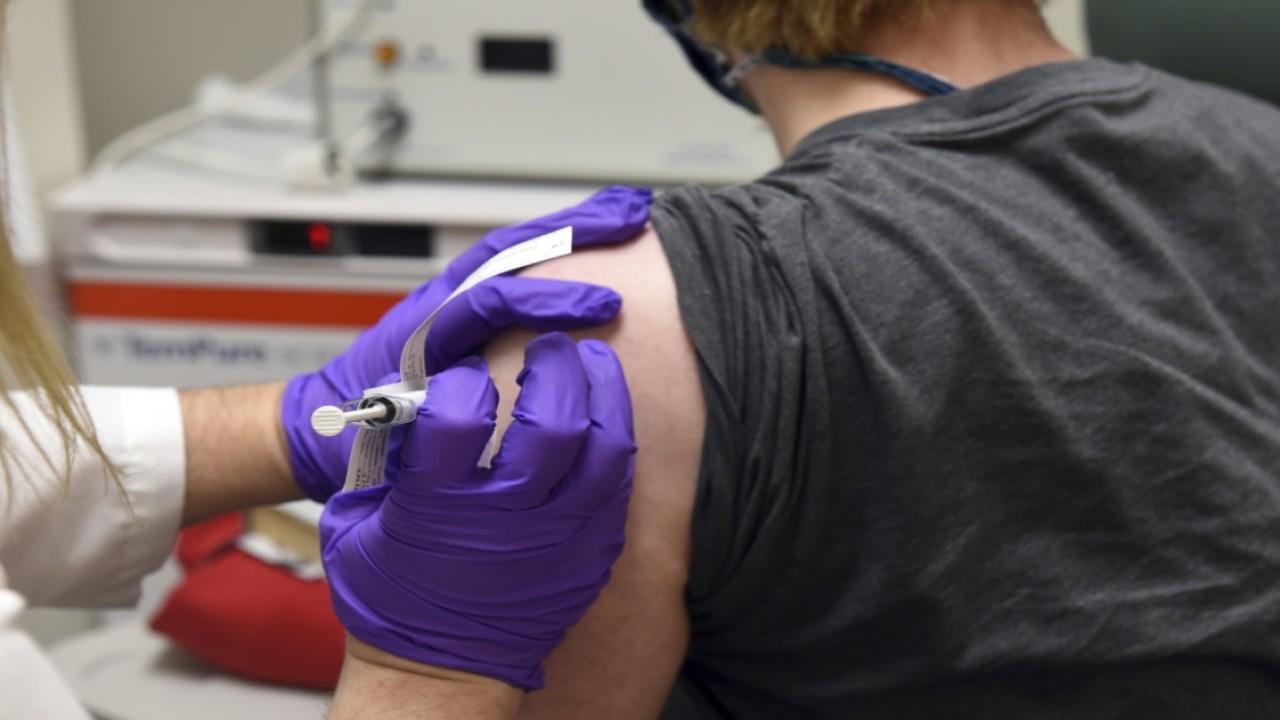Coronavirus recovery will ‘stall’ or ‘dip’ as next wave hits, Harvard economist warns
Ken Rogoff says he is 'very worried about the second wave'
The United States will experience a “significant stall” or “dip” as the second coronavirus wave hits, Harvard Economics Professor Ken Rogoff warned on Thursday as he provided insight into where the U.S. economy is headed.
Rogoff, who is also a former chief economist at the International Monetary Fund, told “Mornings with Maria” that the U.S. has “a long way to go,” but noted that the economic recovery so far has been better than he had expected.
He told host Maria Bartiromo that he is not sure if “we will get back to where we started till the end of next year.”
Rogoff did, however, acknowledge that he is “very worried about the second wave,” specifically how the U.S. reacts to it and if the country can deal with it “in a more nuanced way to try to protect the most vulnerable people, but not shut down the economy as much.”
He also noted that there have been significant developments recently, which he said could potentially help with the next wave.
“Of course we have vaccines, better testing and stuff coming in so I am hoping things still go well, but my guess is we’ll still have a significant stall or even dip as second wave hits,” Rogoff said.
Rogoff’s statements came three days after Pfizer and BioNTech's coronavirus vaccine inched a step closer toward approval, with the company announcing 90% efficacy in its phase 3 clinical trial.
Coronavirus hospitalizations in the U.S. topped record highs for the second day in a row on Wednesday, according to data.
65,368 people were hospitalized on Wednesday, up from Tuesday's record of 61,964, according to the COVID Tracking Project.
The previous peak occurred in April when 59,940 patients were hospitalized with the virus.
As of Thursday, the U.S. has recorded more than 241,900 deaths and more than 10.4 million confirmed infections since the start of the pandemic, according to data from Johns Hopkins University. New cases have soared to all-time highs of well over 120,000 per day over the past week.
On Wednesday, New York Gov. Andrew Cuomo announced new coronavirus restrictions – including a cap on the number of people allowed to gather in private homes and a curfew on bars, restaurants and gyms.
HALF OF NYC BARS, RESTAURANTS MAY CLOSE FOR GOOD DUE TO COVID: AUDIT
All businesses that have a state liquor license, and gyms must close by 10 p.m., the governor said, citing what he called “the fall surge” of coronavirus cases. The rules go into effect Friday.
Rogoff noted on Thursday that the new restrictions will most certainly “impact the economy negatively.”
He noted that he believes economists have been studying how different countries have been responding to the pandemic to figure out “what works and what doesn’t.”
Rogoff acknowledged that “it’s hard” to determine the perfect solution to curbing cases.
He pointed out that “there are countries like Sweden, which are just doing 180 degrees the opposite of everybody else.”
The country's government "departed from the prevailing wisdom," unlike much of the world, did not impose widespread lockdowns when the novel coronavirus took hold in early Spring, did not close schools and restaurants, and did not restrict people's movements, Doug Badger, a visiting fellow at The Heritage Foundation, told Fox News last month.
He added that “they generally relied on people to take reasonable precautions against spreading the contagion.”
While off to a dismal start, Sweden recorded the most coronavirus fatalities per capita in Europe, but cases fell from a high of 1,698 in June to around 200 daily by early September.
Rogoff pointed out that inversely, “the Asian countries have managed to shut it down much more completely.”
GET FOX BUSINESS ON THE GO BY CLICKING HERE
“I think in a country like ours, where you have a tier, you really can’t try to just end it the way they did in Asia, that train has left the station,” Rogoff said.
CLICK HERE TO READ MORE ON FOX BUSINESS
Fox News’ David Aaro, Hollie McKay and Michael Ruiz contributed to this report.






















